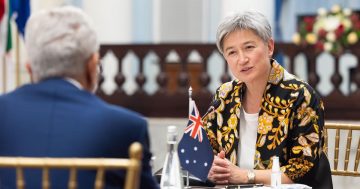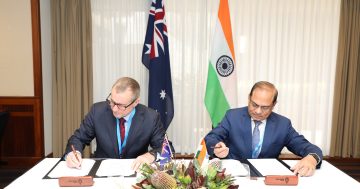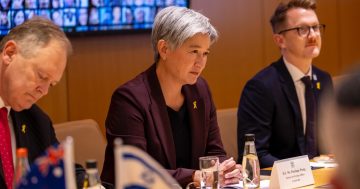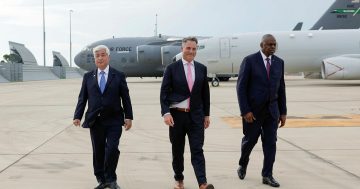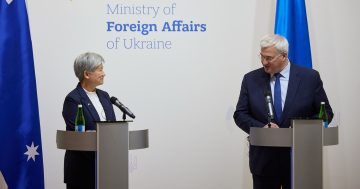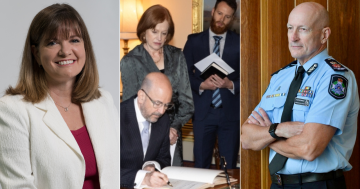Raynor Argaditya* explores how two unrecognised democratic entities on opposite sides of the world are building a mutually profitable relationship.
 While Somaliland and Taiwan both enjoy de facto independence, neither of them has received diplomatic recognition by most of the international community, let alone by their respective neighbours, Somalia and China, who claim sovereignty over them.
While Somaliland and Taiwan both enjoy de facto independence, neither of them has received diplomatic recognition by most of the international community, let alone by their respective neighbours, Somalia and China, who claim sovereignty over them.
However, they have more in common than just that.
As ignored proto-States within the global community, Somaliland and Taiwan have brought a new point of view to diplomacy quite apart from that practiced by recognised nations.
Instead of asserting its economic or political influence in Somaliland, Taiwan is a potential development partner that shares identical struggles and, at the same time, can offer technical support and capacity-building programs.
While developing their bilateral ties, both Somaliland and Taiwan have taken the opportunity to present an image of self-ruling democratic beacons.
Somaliland, officially the Republic of Somaliland and located just south of the Gulf of Aden, declared its independence from Somalia when the Somali civil war erupted in 1991.
It successfully managed to maintain stability, but no United Nations member State has recognised it to date.
Somaliland has a separate Government, national currency, passport, police force, and armed forces from those in Somalia.
Elections there have been held in a free and fair manner. However, it is still largely regarded as an autonomous region within Somalia
Many prominent analysts argue that the African Union (AU) should recognise Somaliland’s independence.
However, the 55-member worries that recognition would encourage other separatist movements in Africa.
Despite this, many nations maintain representative offices and consulates in Hargeisa, Somaliland’s capital, including the United Kingdom.
Taiwan, officially the Republic of China, is regarded by Beijing as a rebellious province after the Kuomintang’s retreat there in 1949 following the losing civil war against the Communists.
In 1971 the People’s Republic of China replaced the Republic of China as China’s representative at the United Nations.
As of 2021, only 15 UN member states recognise Taiwan, although many economic powers, including the United States and Japan, have trade offices serving as de facto embassies in Taipei, Taiwan’s capital.
In recent years, most of Taiwan’s main partners in Africa switched diplomatic recognition to China, leaving the Kingdom of Eswatini, previously known as Swaziland, as the last African nation to maintain diplomatic ties.
However, Somaliland and Taiwan have had contacts and exchanges since 2009.
Taiwan has announced a scholarship program for Somaliland’s students, while Somaliland’s five universities have received Taiwanese laptop computers.
Earlier this year Taiwanese Foreign Minister, Joseph Wu cut a medical cooperation deal with his Somaliland counterpart, Liban Yusuf Osman.
Following the deal, Taiwan’s team will carry out medical services and provide training for Somaliland health officers.
Only last month (October) Somaliland’s Minister for Health, Mohamed Ali received a batch of Taiwan-made oxygen generators to help in the fight against the COVID-19 pandemic.
This follows a then secret agreement, negotiated last year, to establish representative offices in each other’s capitals.
It is premature to say if the newly-built amity between Somaliland and Taiwan would accelerate their pursuit towards international recognition.
Taiwan may help Somaliland in handling its diplomatic status, and by following Taiwan’s lead, Somaliland could obtain full-fledged membership in some international organisations, as Taiwan has done.
At a time when democratic backsliding is rife around the world, Somaliland and Taiwan present evidence that parliamentary governance can survive and even flourish in the most difficult of circumstances.
*Raynor Argaditya is a student in international relations at the Universitas Pembangunan Nasional (UPN), Jakarta, Indonesia.
This article first appeared on the Global Issues website.


